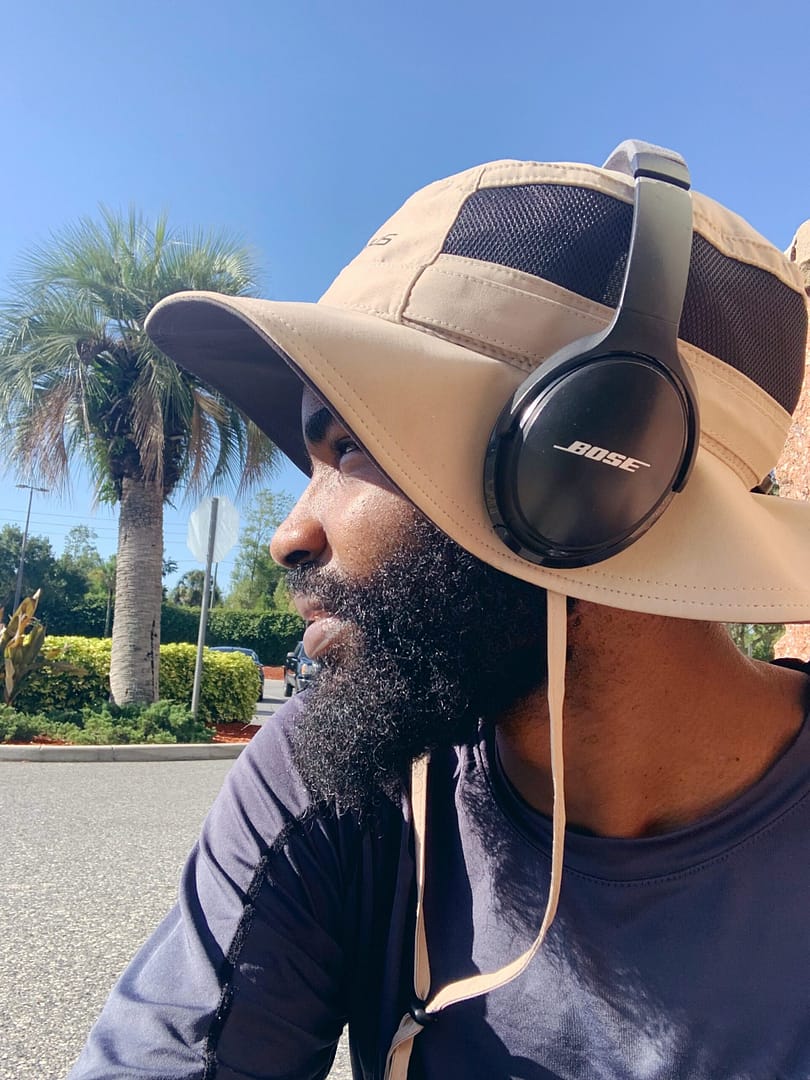Understanding the Power of Patience and Growth
“Wherever we’re trying to go, we do not bully ourselves there. We believe ourselves there.” -Leeana Tankersley
When I think about the lesson that took me the longest to learn, I realize it’s been a lack of self-compassion.
For years, I treated myself like a project that needed constant fixing — always focusing on what I wasn’t doing right, pushing for more, better, faster, but it was never enough.
I thought that being hard on myself would somehow drive me to succeed, but all it really did was exhaust me and make me feel misunderstood.
It took hitting a few low points of rock bottoms, and lots of quiet reflection, to finally see that real growth doesn’t come from harsh self-criticism, It comes from kindness.
To meet myself exactly where I am, flaws and all, and still choosing to believe I am worthy of love, grace, and patience.
As my fav Stoic philosopher, Epictetus once said, “No man is free who is not master of himself.” And part of mastering ourselves, I’m learning, is extending mercy toward our own imperfections instead of fighting them.
Self-compassion isn’t about making excuses or letting ourselves off the hook. I believe it’s about offering the same understanding and encouragement that we would so easily give a close friend—to ourselves.
It’s realizing that you are human, and that sometimes, being human means falling short.
These days, when I catch myself spiraling into old patterns of self-judgment, I try to pause, take a slow, steady breath, and I remind myself: You are doing the best you can.
You are learning.
You are growing.
And you are enough.
As Rumi so beautifully put it, “Try not to resist the changes that come your way. Instead, let life live through you.”
It’s not always easy. But whenever I choose to be kinder toward myself, I feel a little lighter. A little more freer, and at peace with the messy/beautiful journey of simply being alive.
The Lesson That Took Me the Longest to Learn
In his journal, Meditations, Marcus Aurelius wrote, “When you arise in the morning, think of what a precious privilege it is to be alive — to breathe, to think, to enjoy, to love.”
I eventually realized that everything we do in the present shapes our life’s work — whether it’s improving our mindset, learning to love more deeply, being a better partner, or simply striving to be a better person.
To me, it’s about shining light on the darker parts of our lives, the ones we’ve kept hidden, and making the choice to revisit and reshape those old patterns.
Sure, I believe we all carry our own burdens, and trauma from the past, but as I’ve come to learn, if we don’t focus on our own healing, there’s a good chance we’ll pass that same pain onto the next generation.
As the famous saying goes, “Energy doesn’t die, it can only be transferred.” Unresolved trauma — whether big or small — tends to get passed on.
It shows up in our families, in our neighborhoods, and in the wider world around us.
That’s just how it works.
Therefore, it’s not wise to run from pain. As the Canadian physician, Gabor Maté reminds us, “The attempt to run from pain only creates more pain.”
We must choose to take back our power and cultivate the wisdom to transform our suffering into grace.
Otherwise, as Elizabeth Gilbert puts it, “It’s just wasted pain. You’re suffering for nothing.”
If you don’t learn from it, then it was for nothing.
So I try not to waste my suffering.
When tough things happen, I ask myself, “How can I grow from this?” and “What did I do to contribute to this situation?” This helps me avoid getting stuck in a blame mindset.
Don’t run from it. Embrace it. Own it. Let it fuel your healing and growth.
Your enemy will pay you back with rage, will make you suffer, but the biggest damage to you will be caused by the rage and hatred existing in your heart. Neither your father, nor your mother, nor all your family can make you more good than your heart can when it forgives and forgets its abuse.” — Dhammapada, a book of Buddhist wisdom.
What Compassion Really Means
When we break down the word compassion for example, we see that it comes from the Latin words pati and cum, meaning “to suffer with.”
So let’s say something happened to you in your childhood — maybe one or both of your parents weren’t there when you needed them, or they had impossibly high standards for you at a young age; If that was the case, then your brain might still be holding onto those moments, stuck at these ages of like, nine or twelve.
This journey of self-awareness takes time, but once you start to see things clearly, the next step is to re-parent yourself — building healthier relationships with both yourself and the world around you.
As Pema Chödrön, an American Buddhist nun, beautifully puts it: “Compassion is not a relationship between the healer and the wounded. It’s a relationship between equals. Only when we know our own darkness well can we be present with the darkness of others. Compassion becomes real when we recognize our shared humanity.”
That’s all I’ve got for you today.
Thank you for reading, and I’ll see you in the next one.
Bye for now. Also don’t forget to follow me on Medium or subscribe down below for more. 🙂 ❤
This post is represented solely for entertainment purposes, it’s not intended as a substitute for the advice of a physician, psychotherapist, or other qualified professional. Thank you. @herbygee on IG & Thread F4F♍🗣️👥🫂💙🌊🐟📘🐦





![A Thought💭 for The Day 🗓️️ [Feb 12] image](https://mlfwe0uloqyb.i.optimole.com/w:150/h:150/q:mauto/rt:fill/g:ce/ig:avif/https://www.leapessence.com/wp-content/uploads/2025/01/image.png)

![A Thought for The Day [Apr 20] image](https://mlfwe0uloqyb.i.optimole.com/w:150/h:150/q:mauto/rt:fill/g:ce/ig:avif/https://www.leapessence.com/wp-content/uploads/2025/03/image.png)


